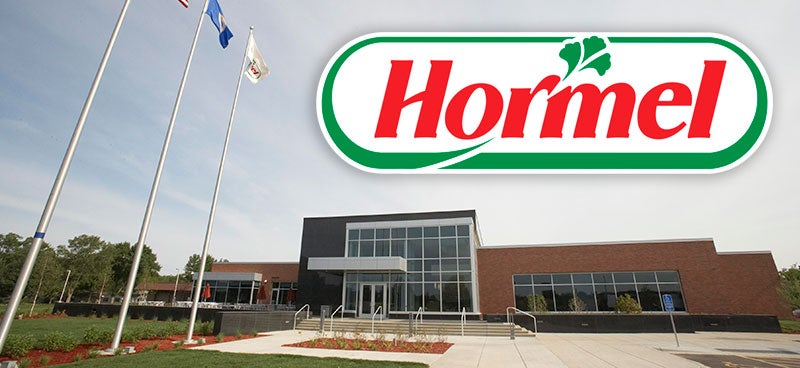Council moves THC edibles ordinance out of work session
Published 6:21 pm Tuesday, August 16, 2022
|
Getting your Trinity Audio player ready...
|
The Austin City Council on Monday advanced a revised ordinance out of its work session that it hopes can meet concerns over the recently passed state law regarding edible cannabinoid products.
The law, passed in July, legalizes the sales of products that contain no more than .3% delta 9 THC and that the THC has to be derived from certified hemp. However, concerns quickly arose among municipalities and law enforcement agencies over the vague rules that accompanied the passing of the bill.
Central to this is that there are no restrictions in the state law of sales or consumption in terms of who can sell the products, commonly coming in the form of gummies.
“That’s a loophole that wasn’t considered,” Austin Police Chief David McKichan told the council, even though the state took efforts to ensure that teens and children couldn’t be directly marketed to.
It’s also technically not illegal for people under the age of 21 to possess or consume the products under the state law.
“If we stop kids in a car, we can say they shouldn’t (have them), but there’s nothing legally that says they shouldn’t,” McKichan said, going on to say that they simply want to strengthen the specifics of the law and bring more clarity to the issue. “We don’t know who or where to regulate. We don’t know who’s selling these products. Licensing brings it back just like tobacco and alcohol. We know who is going to sell. We can do some administrative things.”
The draft of the Austin ordinance takes parts of the existing alcohol and tobacco licenses already in place. Specifically it would ban sales to anyone under the age of 21 as well as possession. It would also keep sales to 8 a.m. to 10 p.m. Monday through Saturday and 11 a.m. to 6 p.m. as well as prohibiting sales on Thanksgiving and Christmas.
APD has reached out to businesses to find a middle ground that will not only approach the issue from a law enforcement angle but to also get their opinions on the issue.
Jeff Brinkman, owner of Superior Cannabis in Austin, was one of the businesses. The store suspended sales of gummies prior to the July 1 passing of the law, at which time the store was able to start selling them again.
Before that he harbored concerns of too many restrictions, though he came out of Monday night’s work session feeling better.
“Concerns initially were just kind of being overly restrictive based on some comments that were made, but I feel like they’ve really found a moderate approach and a sensible approach,” he said. “I feel like they made a good effort, a good step forward. Number 1, their primary goal is safety, not to babysit. I feel that’s been accomplished.”
Brinkman also said that the vagueness of the law that law enforcement was wrestling with was also on the minds of business owners who didn’t want to run the risk of being on the wrong side of the law.
“With that little bit of ambiguity, you leave it to all of these different municipalities to develop rules without a set of guidelines,” Brinkman said. “One thing, even they mentioned, Sensible Change Minnesota really developed some guidelines to help cities make these decisions and I think they really actually looked seriously at those guidelines and formulated municipal regulation around that.”
McKichan said that the ordinance, if passed, would grant flexibility in how law enforcement would approach enforcement of the ordinance.
Sales to minors by an establishment would most likely be a fine, the same as with alcohol or tobacco sales to a minor.
McKichan clarified this point by telling the council that treating it as a crime isn’t always the best way to handle an issue, unless the establishment in question has a continuing record of selling to minors.





